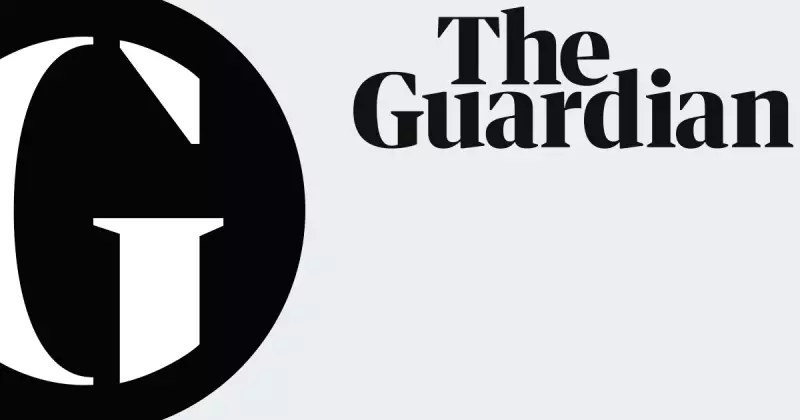
Trump's Sudden Escalation in the Caribbean
In a significant escalation of foreign policy, former US President Donald Trump initiated a campaign of aggression against Venezuela in August. This move saw the United States launch airstrikes on vessels off the Venezuelan coast, which were alleged to be drug boats. The US government claimed these boats were carrying narcotics destined for American shores.
However, this military action was widely condemned as constituting extrajudicial killings. Following the airstrikes, the Trump administration further heightened tensions by deploying US naval assets to the Caribbean Sea, signalling a sustained military presence in the region.
Questioning the 'War on Drugs' Narrative
According to analysis from Tom Phillips, The Guardian's Latin America correspondent, the justification for these attacks is highly questionable. The claims that the targeted boats were ferrying drugs to the US are viewed as dubious by many regional experts.
This has led to intense speculation that the so-called 'war on drugs' is a pretext for a broader political strategy. The actions are seen by many analysts as a form of political agitation aimed squarely at the government of Venezuelan President Nicolás Maduro.
Implications for Maduro and Regional Stability
The repercussions of Trump's campaign extend beyond the immediate military confrontations. For President Maduro, this represents a direct external challenge to his authority. In response, Maduro has publicly urged Trump to avoid plunging Venezuela into an Afghanistan-style 'forever war'.
This situation raises critical questions about the future of US-Venezuela relations and the potential for further conflict in the region, with the 'war on drugs' serving as a potentially volatile flashpoint.





